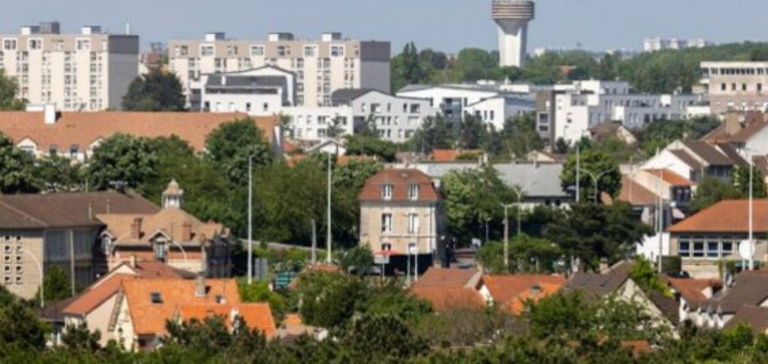The survey conducted by BVA for the European Investment Bank (EIB) reveals a striking reality: 68% of European Union citizens believe that the transition to a carbon-neutral economy must be accompanied by a fight against inequality. This perspective underlines the interconnection between environmental and social issues, and highlights the complexity of the challenges facing Europe. The survey, carried out from August 7 to September 4, gathered the opinions of 30,245 people across 35 countries, including the EU 27.
Diverse Concerns Dominated by Cost of Living
The cost of living, cited by 68% of Europeans and 70% of French people, dominates concerns, outstripping climate change and environmental degradation. These figures reflect a palpable anxiety about inflation and its daily repercussions, while underlining the growing importance of environmental awareness.
Optimism in Bern about the Economic Impact of Transition
The survey reveals a significant drop in optimism about the economic benefits of the energy transition. In 2021, 56% of Europeans were expecting transition-related job creation, compared with 51% in 2023. This trend is more marked in Nordic countries such as the Netherlands, where the expectation of improved employment due to the transition has dropped from 62% to 42%. In Germany, optimism also fell, from 54% to 41%.
France, a Case of Moderate Optimism
France stands out for a slight improvement in optimism about jobs linked to the climate transition. In 2023, 57% of French people see measures to combat climate change as a potential source of job creation, up slightly on 2021 (55%).
This survey highlights a Europe at a crossroads, torn between immediate economic concerns and long-term environmental issues. Taking account of inequalities in the ecological transition is therefore becoming an imperative if we are to meet the expectations of our citizens and forge a sustainable and equitable future.






















